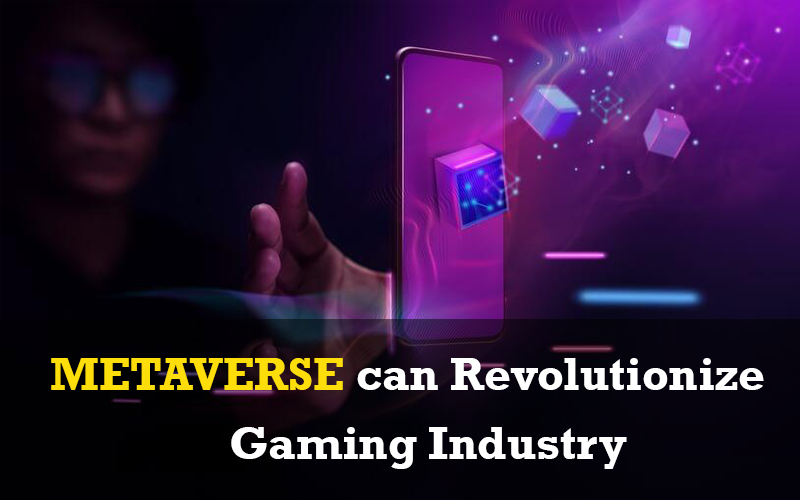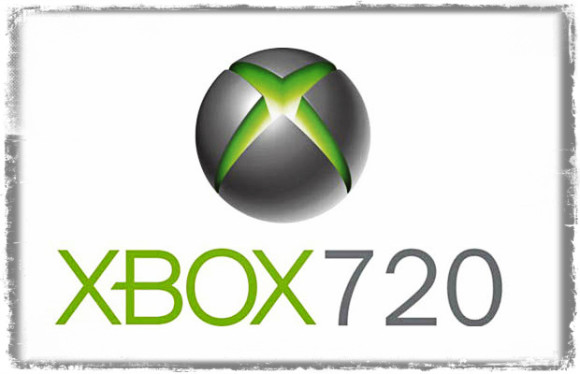The Metaverse’s breadth of experiences and activities is what distinguishes it. Users can expect to spend cryptocurrency on digital real estate in the Metaverse, a virtual parcel of land whose “deed” is represented by an NFT on the blockchain.
Unlike traditional massively multiplayer online games (MMO), which allow players to interact with other players from around the world and collaborate to complete specific tasks, the Metaverse has no pre-set objectives or storylines.
The users can personalize their experience by establishing and running a business, shopping for real and virtual goods, creating works of art, attending digital events, and much more.
The Metaverse will undoubtedly include games for players of all types and serve as a forum for avid gamers to connect, play with, and learn from one another, but this is far from its limit. The Metaverse will provide unprecedented freedom and immersion by utilizing virtual reality (VR) and augmented reality (AR) technology.
Prominent books such as Ready Player One and films such as The Matrix attest to the desire for digital immersion that has existed almost since the invention of the computer. Games in the Metaverse could achieve unprecedented levels of realism by implementing AR and VR. Players will feel infinitely more connected and at one with their characters than they could by pointing and clicking with a mouse.
Sometimes in important ways, gaming has contributed to and is currently establishing the Metaverse. This goes beyond the relatively simple concept of a virtual world bringing users together, which has been around for a long time—many consider the 1991 release of Neverwinter Nights to be the first MMO. Some recent developments in the field have pushed the boundaries by acting as metaverses in their own right and inspiring the capital-based M- Metaverse.
Roblox and Minecraft, which encourage players to come together and collaborate in platforms with no strict rules or objectives, provide insight into how the Metaverse might look and feel.
Final Wrap-Up
All these gaming and non-gaming companies must build the technological infrastructure to have a presence on the Metaverse and figure out how to integrate their commercial models with it, such as accepting cryptocurrency or investing in NFTs.
While gaming industries have been at the forefront of digital technologies and are well-positioned to thrive in the Metaverse, they, like all corporate, will be required to remain active and proactive as we transition into a completely new digital world.






